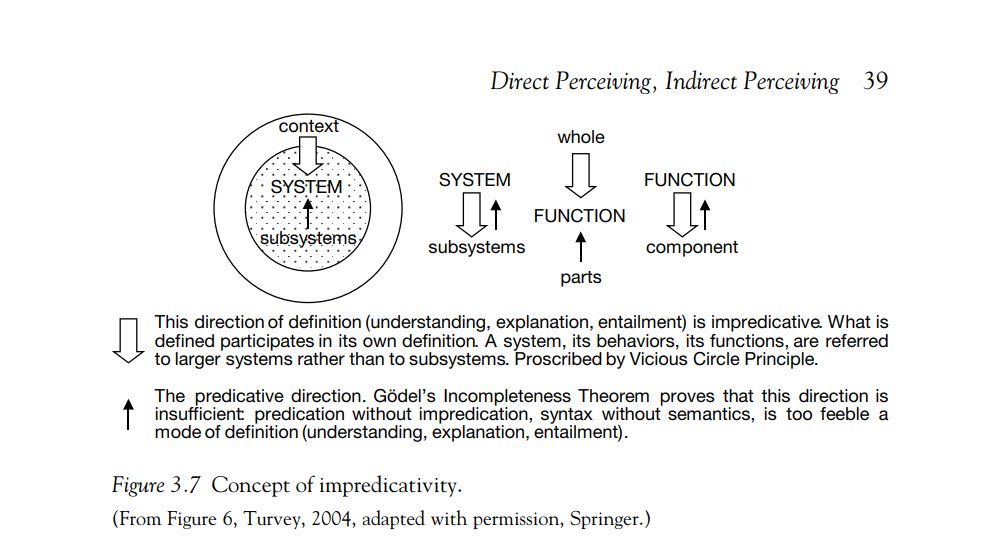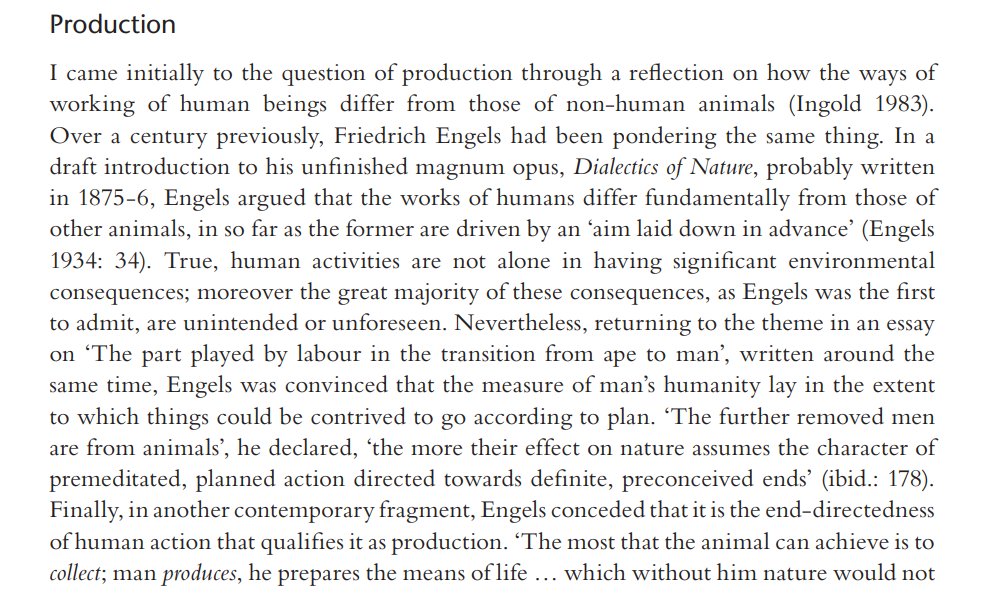
Impredicativity merchant. Researching cross-scale interactions and context-sensitivity in flow states. Post-cognitive takes on sport, skill, and psychology.
How to get URL link on X (Twitter) App

https://twitter.com/JonMackey14/status/1722671516993667146First, just a brief overview: The term ecological dynamics which is often used in a sport context refers to ecological psychology and dynamical systems theory.

https://twitter.com/notavel/status/1719917675348889623Given some observed outcome, which we will call a function, classical explanation calls for an analysis of the components/parts.
https://twitter.com/bigpicsoccer/status/1689915999653437441Athletic development is a wicked problem. @JimiVaughan et al explain this brilliantly here ⬇️

https://twitter.com/Jon_Mackenzie/status/1597622457061736448From my perspective, the continuum isn't exactly positionism vs. relationism. The question, for me, is how to think about the role of blueprint-y things like game models, tactical plans etc.
https://twitter.com/bigpicsoccer/status/1571786639797587969At first glance, the take that football belongs to the fans feels harmless. In fact, the fans are typically portrayed as the every-man; the working class who support their local team etc.